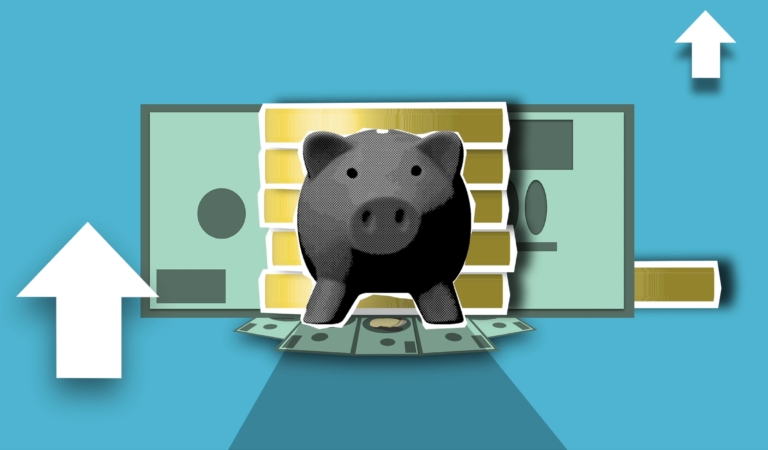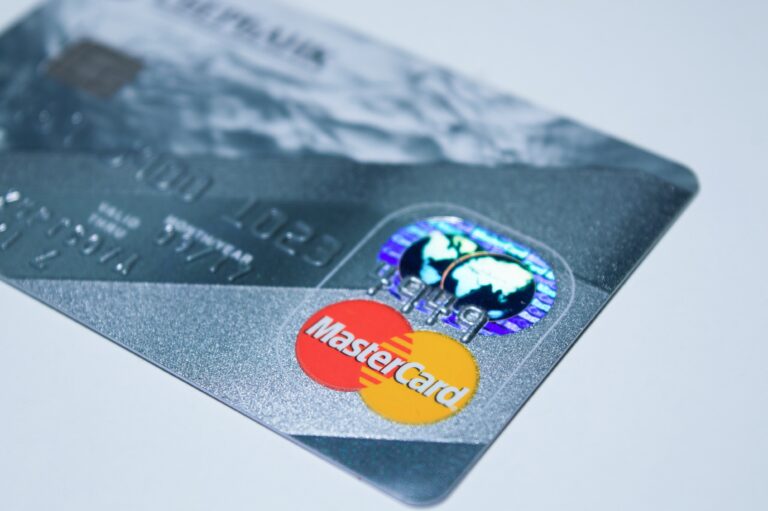According to the Consumer Financial Protection Bureau (CFPB), a Certificate of Deposit (CD) is a distinct type of savings account offered by banks and credit unions. It requires you to maintain your funds within the account for a specified period to avoid incurring penalties.
A CD, also known as a “time deposit,” has a specified end date referred to as the “maturity date.” Penalties for withdrawing funds from a CD prior to its maturity date can vary. Some institutions may proactively waive this penalty if you hold the CD for a minimum duration.
The Federal Deposit Insurance Corporation (FDIC) insures CDs provided by banks up to $250,000, while the National Credit Union Administration (NCUA) covers those offered by credit unions up to $250,000.
How do Certificates of Deposits work?
When you invest in a Certificate of Deposit, you agree to keep your money invested for a set period of time. During this time, your money accrues interest at a fixed rate set upon opening the CD.
Once the CD reaches maturity, you have the option to withdraw your money or reinvest it in a new CD. If you withdraw your money before the CD reaches maturity, you may be subject to penalties and fees.
What are the benefits of investing in Certificates of Deposits?
There are several benefits to investing in Certificates of Deposits, including:
- High-interest rates: CDs typically offer higher interest rates than traditional savings accounts.
- Low risk: CDs are insured by the FDIC up to $250,000, making them a safe and reliable investment option.
- Fixed rates: CDs have fixed interest rates, ensuring you know your investment’s earnings throughout its duration.
- Diversification: CDs can be a good way to diversify your investment portfolio and balance risk.
What are the risks of investing in Certificates of Deposits?
Certificates of Deposits are generally a safe investment option, but they have risks to consider, including:
- Early withdrawal penalties: If you withdraw your money from a CD before it reaches maturity, you may be subject to penalties and fees.
- Inflation risk: CDs typically offer lower interest rates than other investment options, which means that your investment may not keep pace with inflation.
- Opportunity cost: By investing in a CD, you may miss out on other investment opportunities that offer higher returns.
- Market risk: CDs aren’t linked to the stock market, possibly causing missed gains during market uptrends
How do I choose the right Certificate of Deposit?
When choosing a Certificate of Deposit, there are several factors to consider, including:
- Interest rates: Seek high-interest CDs, considering term length and potential early withdrawal penalties.
- Term length: Consider how long you are willing to commit your money to a CD. Longer terms typically offer higher interest rates, but may not be suitable if you need access to your funds in the near future.
- FDIC insurance: Ensure that the bank or credit union offering the CD has FDIC insurance, which protects your investment up to $250,000.
- Penalties for early withdrawal: Understand potential penalties or fees for early withdrawals before the CD reaches maturity.
Minimum deposit requirements: Some CDs may have minimum deposit requirements, so make sure you have enough funds to open the account.
The Bottom Line
Certificates of Deposits are a safe and reliable investment option for those looking to grow their money over time. MUnderstand CDs to make informed investment decisions and earn higher interest than savings accounts. FDIC-insured CDs offer fixed rates and are a valuable addition to an investment portfolio despite risks.






